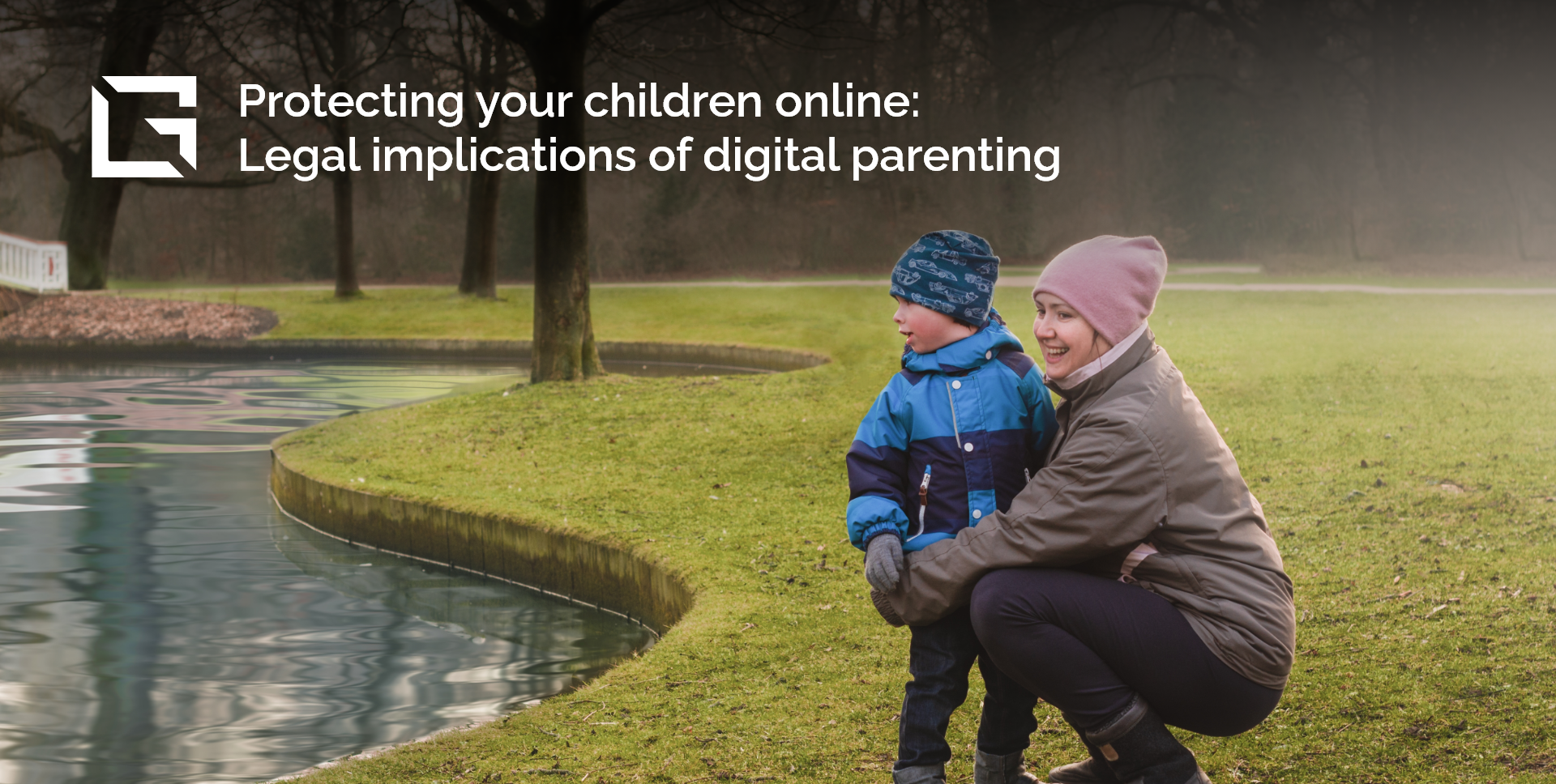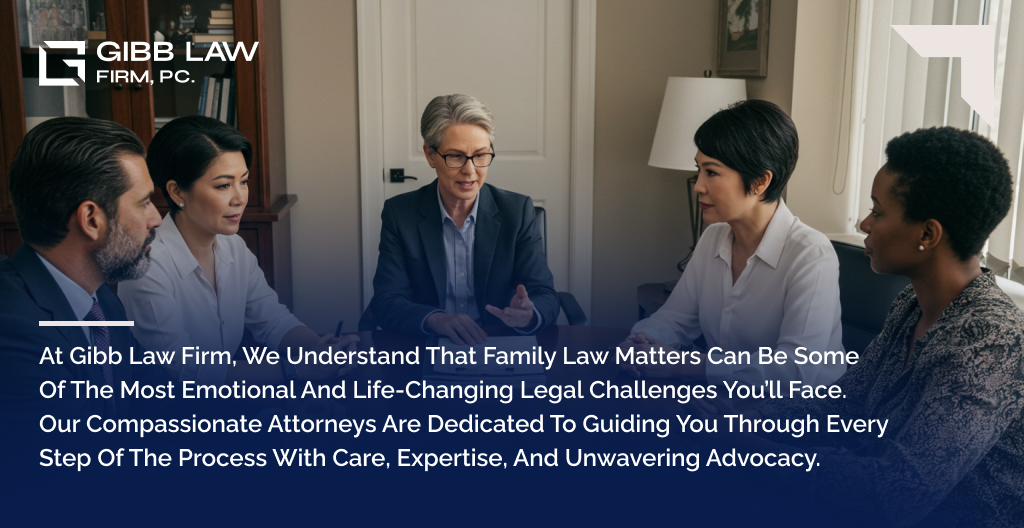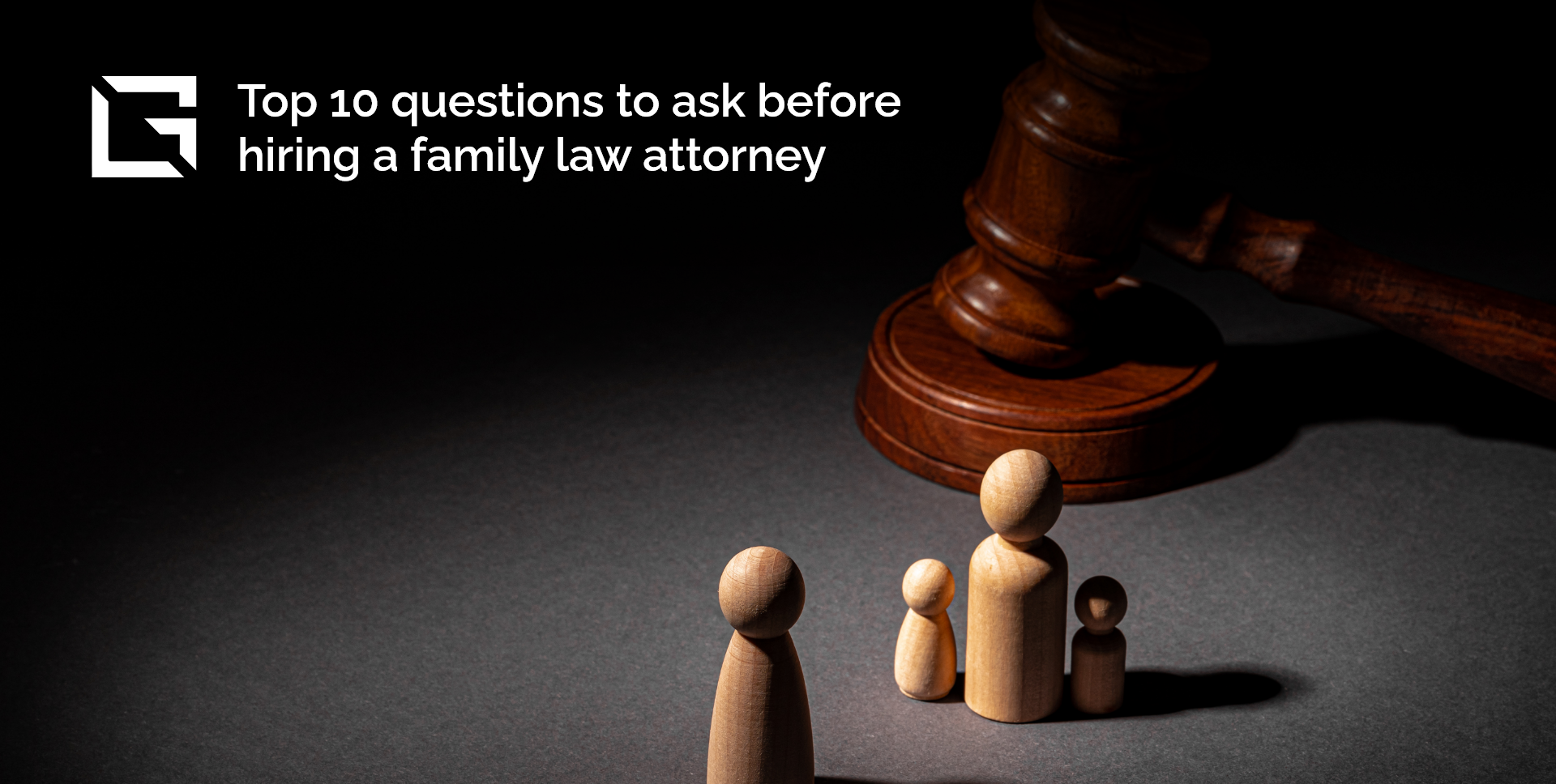Let’s consider the case of the Smith family. John and Sarah Smith have two children, Emily, aged 12, and Michael, aged 15. Like many modern families, the Smiths are connected to the internet for various aspects of their lives. Emily is active on social media platforms, while Michael enjoys online gaming with his friends. Concerned about the potential dangers lurking online, John and Sarah have taken proactive measures to protect their children. They have installed parental control software on their devices, set up privacy settings on social media accounts, and regularly discuss online safety with their kids.
Despite their efforts, one day, Michael encounters an online predator while playing a multiplayer game. The predator gains Michael’s trust, posing as another teenager, and persuades him to share personal information. Luckily, Michael confides in his parents before things escalate further. John and Sarah immediately take action, reporting the incident to the authorities and working with law enforcement to track down the predator. Thanks to their swift response and the evidence provided by the parental control software, the predator is apprehended and prosecuted. This incident highlights the critical importance of digital parenting in safeguarding children from online threats and the legal implications that can arise if parents fail to take adequate measures to protect their children in the digital realm.
P.S. – Breaking News: Gibb Law Firm is excited to announce the launch of an advanced new resource dedicated to Civil Litigation! Check out our press release to learn how we aim to streamline legal processes, ensuring that clients receive the most effective and informed representation in not just their family but also civil cases.
The digital world offers a treasure trove of information and connection for children, but it also presents a landscape of potential dangers. As a family law firm, we understand the importance of protecting your children online. This is why we want to equip you with the knowledge to navigate the legal implications of social media and implement effective digital parenting strategies.
Several key legal concepts shape the online world your children inhabit:
- Children’s Online Privacy Protection Act (COPPA): This federal law regulates how websites and online services collect, use, and disclose personal information from children under 13. COPPA requires websites to obtain parental consent before collecting a child’s personal information, such as their name, email address, or photos. Websites that comply with COPPA are considered COPPA safe harbor programs.
- Cyberbullying Statutes: Most states have laws that address cyberbullying, which can involve sending or posting harmful or threatening messages online. These laws often define cyberbullying and outline potential consequences for perpetrators, which can include school disciplinary action or even criminal charges. See Utah Code § 76-5-107.5, Utah Code § 53G-9-602.5, and Utah Code § 53E-3-506 for details on cyberbullying in Utah.
- Legal Ramifications of Online Behavior: Children’s online actions can sometimes have legal repercussions. Sharing nude photos or engaging in online harassment, for example, could lead to legal trouble.
Building a Safe Digital Space for Your Children
Knowing the legalities is just one part of the equation. Here are some actionable steps to promote digital safety for your children:
- Establish Age-Appropriate Guidelines: Set clear rules around screen time, social media usage, and online behavior based on your child’s maturity level. Consider resources from organizations like ConnectSafely to establish age-appropriate boundaries.
- Open Communication is Key: Talk to your children openly about online safety. Discuss the potential dangers they might encounter, from cyberbullying to inappropriate content. Encourage them to come to you with any concerns about their online experiences.
- Parental Control Tools and Monitoring: Utilize parental control tools and monitoring software to help manage your child’s online activity. These tools can filter inappropriate content, and limit screen time, and website visits. Open communication should be the primary focus, not solely relying on monitoring software.
- Respecting Your Child’s Privacy: Striking a balance between protecting your child and respecting their privacy is crucial. Discuss appropriate online behavior and expectations for privacy with your child. Let them know you’ll monitor their online activity for their safety but also emphasize the importance of trust and open communication.
COPPA and Parental Involvement
Understanding COPPA’s role in your child’s online safety is empowering. Here are some specific points to remember:
- Prior Parental Consent: Websites and online services must obtain parental consent before collecting, using, or disclosing your child’s personal information. This can involve obtaining your explicit permission through a verification process.
- Direct Notices: If you discover a website has collected your child’s information without your consent, you can submit a direct notice to the website requesting the deletion of the information. COPPA also allows you to ask the website to stop any future collection or use of your child’s data.
- B COPPA Enforcement: The Federal Trade Commission (FTC) is responsible for enforcing COPPA. They offer resources and guidelines for parents on their website ().
The Role of Legal Professionals & Mediators
Crafting a comprehensive co-parenting plan can be a complex process, especially in high-conflict situations. Consider seeking guidance from experienced legal professionals, such as divorce attorneys or mediators. These professionals can:
- Ensure Fairness & Enforceability: Draft a legally sound co-parenting agreement that protects the rights of both parents and children. This is especially important if you anticipate any future disagreements or challenges regarding custody or parenting decisions.
- Facilitate Communication: Mediators can guide constructive conversations, helping parents navigate emotional complexities and focus on common ground. This can be invaluable in situations where direct communication between parents is strained.
- Address Long-Distance Custody Schedules: In long-distance custody cases, legal professionals can assist in creating a workable parenting plan that maintains a strong parent-child bond despite geographical separation. This may involve utilizing technology for virtual communication or outlining specific travel arrangements to facilitate in-person parenting time.
The Takeaway: A Collaborative Approach
Protecting your children online is collaborative between parents and the legal framework. By understanding your legal rights and implementing effective digital parenting strategies, you can create a safer online environment for your children while fostering open communication and trust. Remember, the goal is to guide your children toward responsible online behavior and equip them with the tools they need to navigate the digital world safely and confidently. If you have specific concerns regarding your child’s online safety or potential COPPA violations, please consult Gibb Law Firm for assistance on this and all family law-related issues.
Contact information
Gibb Law Firm
Phone – (801) 725-6035
Address – 610 N. Kays Dr., Suite 109 Kaysville, Utah
Additional resources
https://www.ftc.gov/media/71268
https://connectsafely.org/
https://le.utah.gov/xcode/Title53G/Chapter9/53G-9-S602.html
https://le.utah.gov/xcode/Title53e/Chapter3/53e-3-S506.html
Disclaimer: This blog is for informational purposes only and is not legal advice. Please contact us to discuss the specifics of your family law situation.



